Notice of West building lobby closure at Lucile Packard Children’s Hospital Stanford
Developmental and Behavioral Pediatrics
Developmental consultations
When you or your child’s pediatrician have a concern about your child’s development, behavior, or social communication skills, we can provide comprehensive assessments and customized recommendations for care and support. New patients may be referred to our Developmental and Behavioral Pediatrics Clinic by primary care physicians or other clinicians through the Stanford Medicine Children’s Health referral center. Depending on age and needs, your child may be evaluated in our Infant Development Specialty Program, Young Childhood Program, or Middle Childhood Program.
Autism and social communication
We offer diagnostic services for children who are suspected of having or have been diagnosed with autism spectrum disorders. We use many sources of information to determine if children meet the diagnostic criteria for autism, including parents’ descriptions, review of medical records, early intervention or school evaluations, and previous psychological assessments. We also gather first-hand information during the clinic visits by talking with family members and interacting with the child. Regardless of whether we conclude your child does or does not have autism, we will discuss our impressions of the type of intervention that might help your child progress. We assist families in finding the medical care and community-based resources and services that address your child’s needs and capitalizes on his or her strengths.
High risk infant follow-up
Our developmental and behavioral pediatrics team sees infants and toddlers from birth through 3 years old who are at risk for developmental delays or behavioral problems due to prematurity or other medical complications that resulted in hospitalization in a neonatal intensive care unit. As they grow, children are evaluated in an outpatient setting at regular intervals to monitor their development and behavior. At each visit, your child will receive an individualized developmental assessment. As a parent, you will receive guidance and information to support your child’s progress. We coordinate referrals to other medical specialties, community agencies, and early intervention programs, as needed.
Preemie graduate services
This program continues interdisciplinary care for children from 3 to 12 years old whose developmental, behavioral, or emotional issues were related to premature birth or medical complications at birth requiring hospitalization in a neonatal intensive care unit. The clinicians gather information specific to issues of prematurity and your child's ongoing needs. Services include information, consultation, evaluation, advocacy, and referral. These services support families like yours in nurturing the child’s growth and development by understanding the child’s strengths and areas of need.

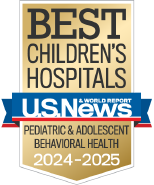


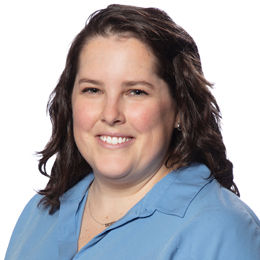
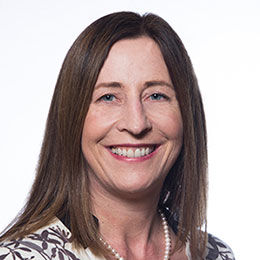

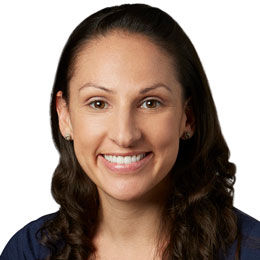
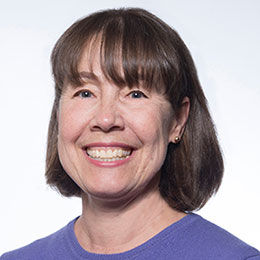



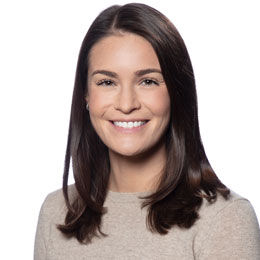
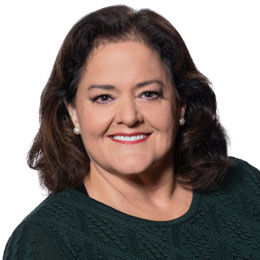

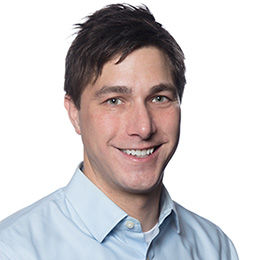
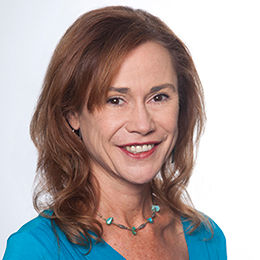
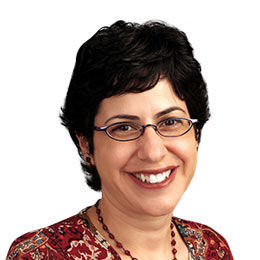
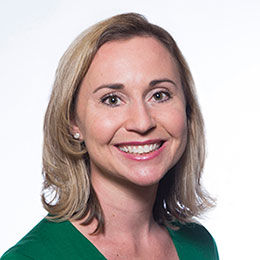
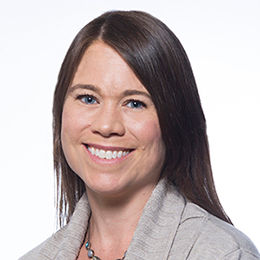
Connect with us:
Download our App: